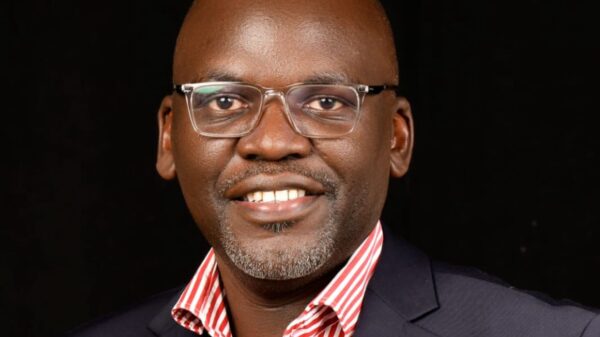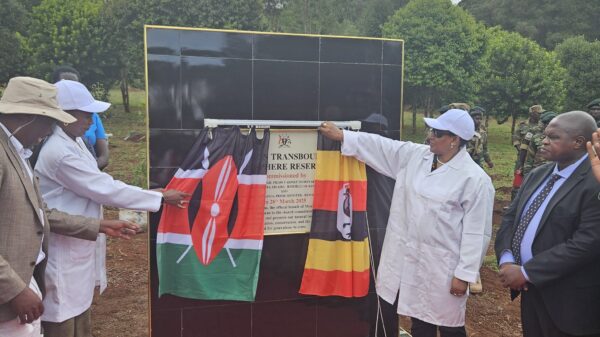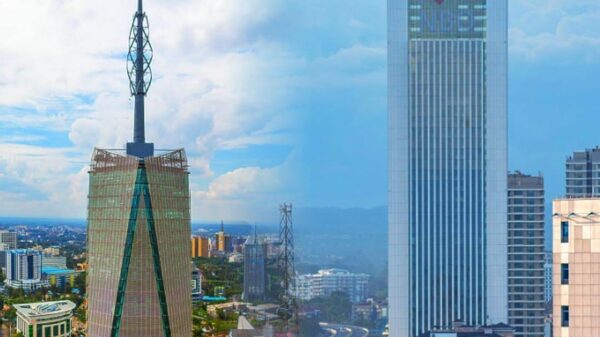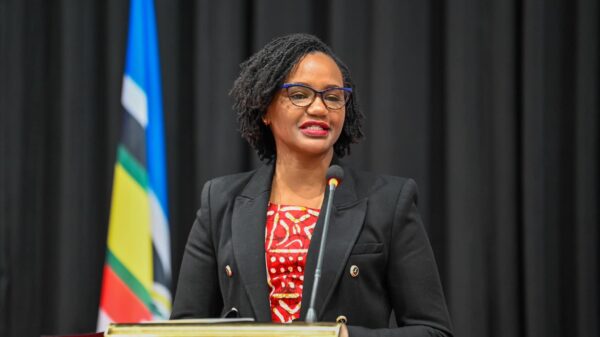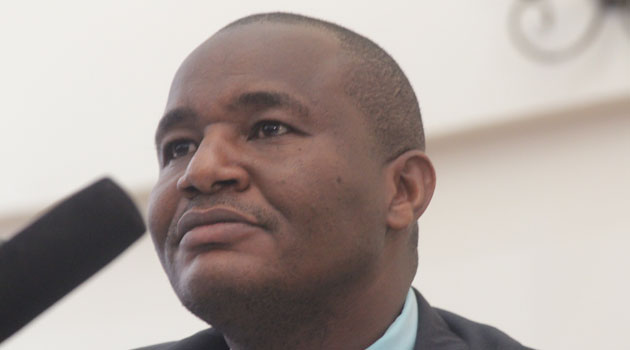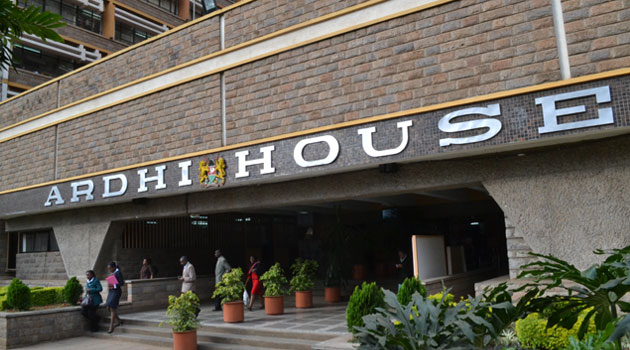SEOUL South, Korea April 4– South Korea’s Constitutional Court has permanently removed President Yoon Suk Yeol from office, ending months of legal wrangling and political uncertainty after his brief declaration of martial law in December plunged the country into turmoil.
The court’s ruling on Friday marks the formal dismissal of Yoon, following a parliamentary vote to impeach him late last year. His removal takes effect immediately, forcing him to vacate the presidential residence and triggering an election to determine his successor.
The decision leaves South Korea, a major global economy and key U.S. ally, at a precarious moment in world affairs. The crisis had already strained the nation’s political stability amid broader geopolitical shifts, including U.S. President Donald Trump’s ‘America First’ policies that have disrupted long-standing foreign relations and global trade.
Court’s Scathing Rebuke
In a unanimous ruling, the court’s eight justices upheld Yoon’s impeachment, citing his unconstitutional declaration of martial law. The justices condemned his actions, particularly the night he deployed troops to parliament and ordered soldiers to forcibly remove lawmakers who had entered the chamber to block his decree.
Acting Chief Justice Moon Hyung-bae stated that Yoon had violated the legal process for enacting martial law, infringed on lawmakers’ rights, and betrayed the public’s trust as head of the armed forces. “His reasons for declaring martial law cannot be justified,” Moon added.
A Shocking Attempt at Power Grab
Before Yoon’s decree, South Korea was known as a stable democracy, admired globally for its technological advancements and vibrant culture. The president’s abrupt military intervention stunned both the nation and the world, leaving many questioning his motives.
Yoon, a former prosecutor known for his black-and-white sense of justice, underestimated resistance from the public, military, and lawmakers. Facing massive backlash, he rescinded the order within six hours.
Sources close to the president revealed that Yoon’s personality—marked by an obsession with winning and an explosive temper—may have contributed to his downfall. His longtime friend, Chulwoo Lee, recalled how Yoon, despite being a champion of justice, often pushed boundaries to extremes. “Once he decides something, he drives it forward in a very extreme way,” Lee said.
From Prosecutor to President
Yoon built his career as a fearless prosecutor, earning a reputation for taking on high-profile corruption cases. In 2013, he defied orders and exposed corruption within the intelligence agency, leading to his suspension but gaining public admiration.
His famous declaration, “I do not owe my loyalty to anyone,” resonated when he later prosecuted former President Park Geun-hye, cementing his image as a non-partisan enforcer of the law. However, his aggressive approach alienated political allies and made his presidential journey a lonely one.
A Troubled Presidency
Despite concerns over his leadership style, Yoon was chosen as the conservative People Power Party’s candidate, seen as the best hope for defeating the opposition. However, campaign strategist Kim Keun-sik later admitted regret in supporting him. “He didn’t listen to advice. He made decisions impulsively and took guidance only from his drinking friends,” Kim revealed.
Yoon’s tenure was marked by controversies, but his decision to declare martial law proved to be the ultimate breaking point. With his removal, South Korea now faces the challenge of restoring political stability and electing a leader who can regain public trust.








